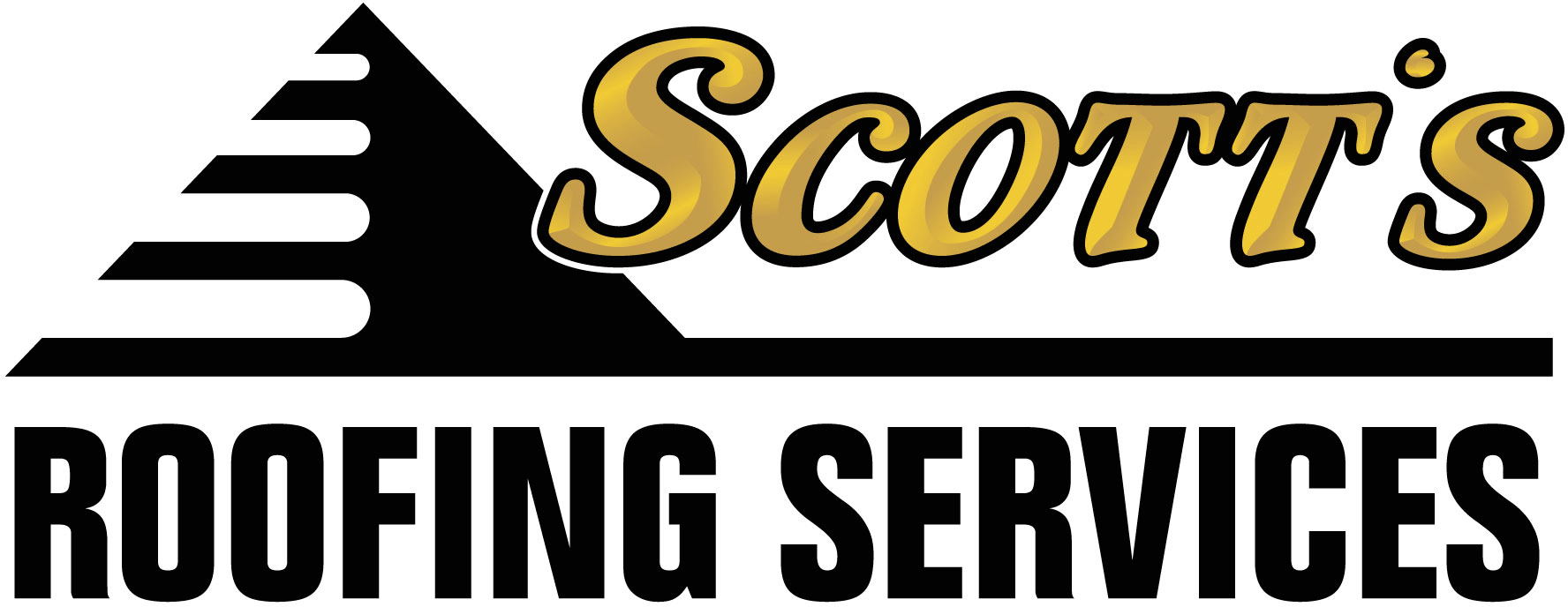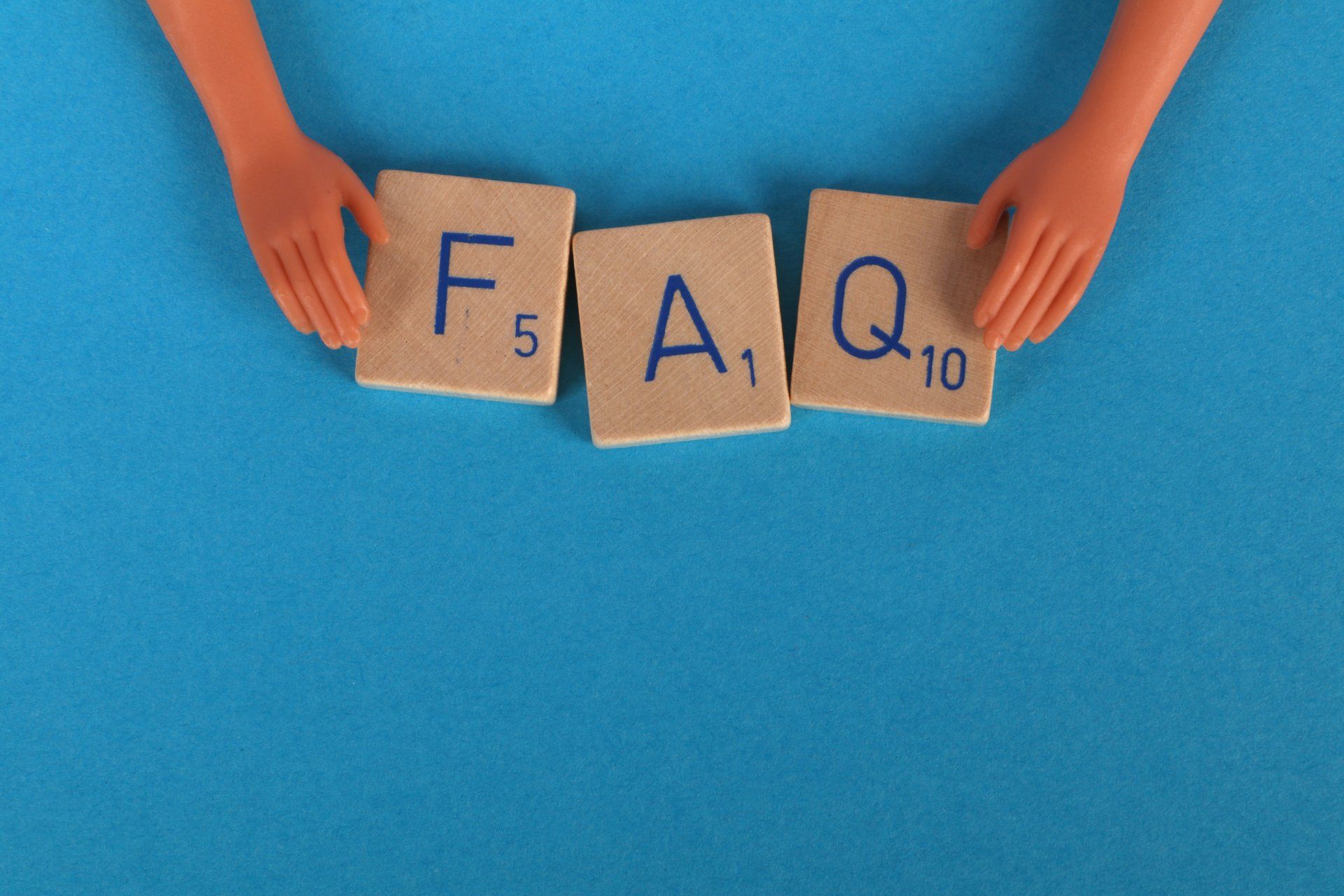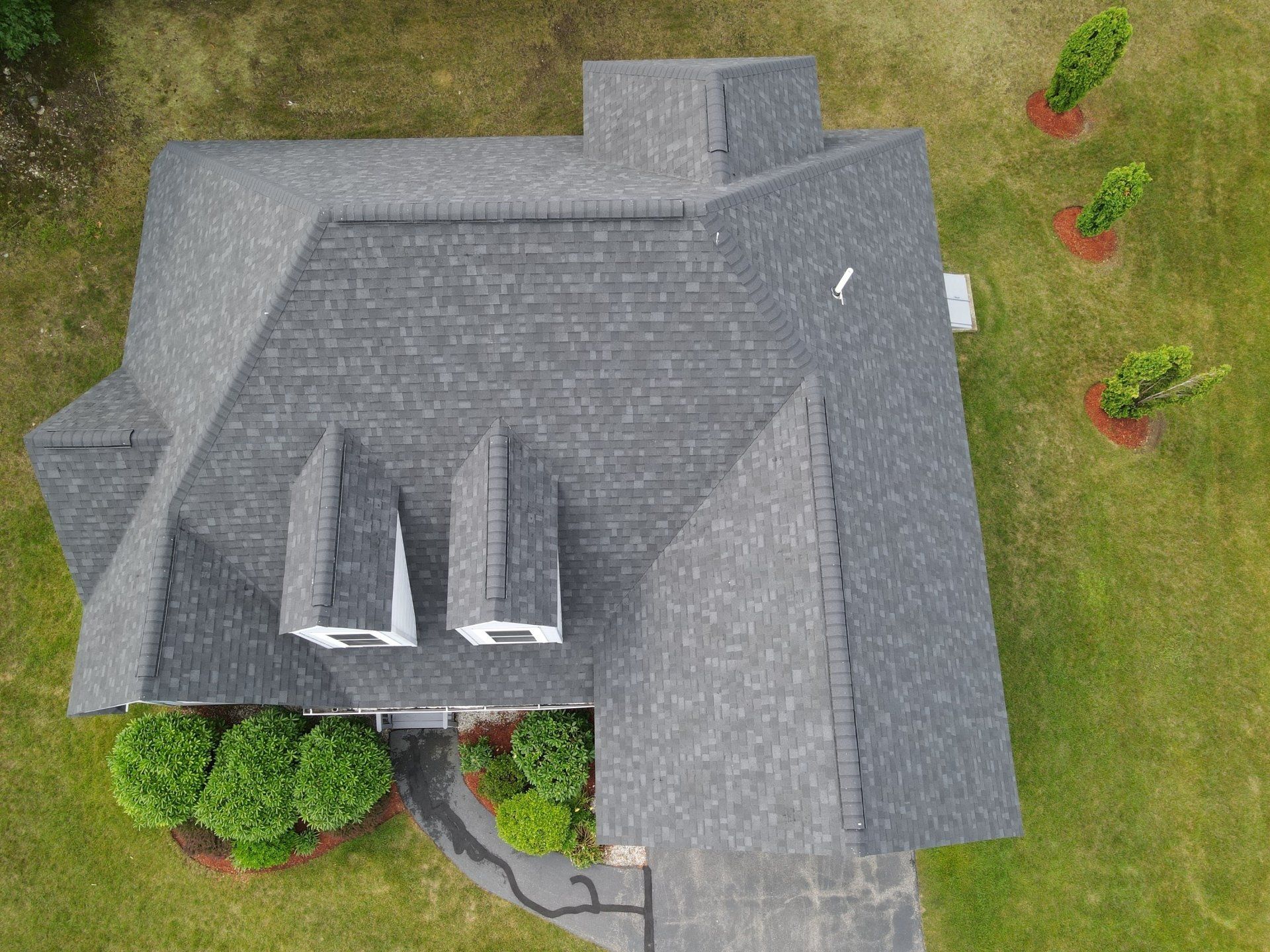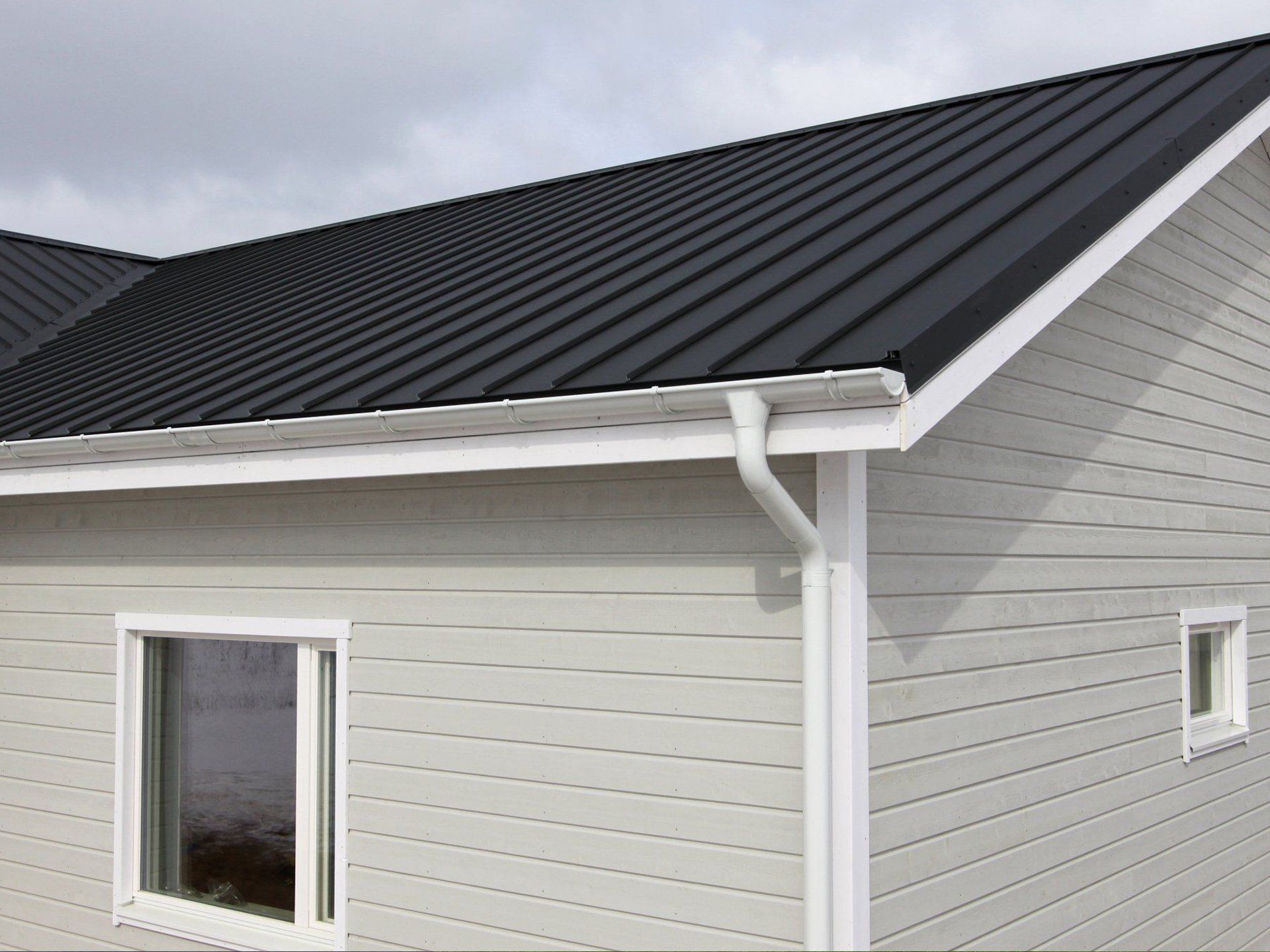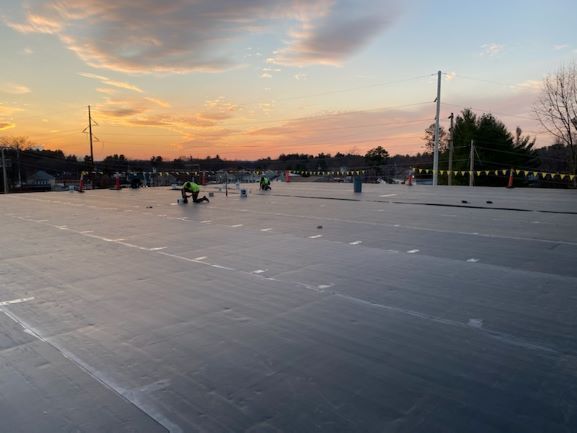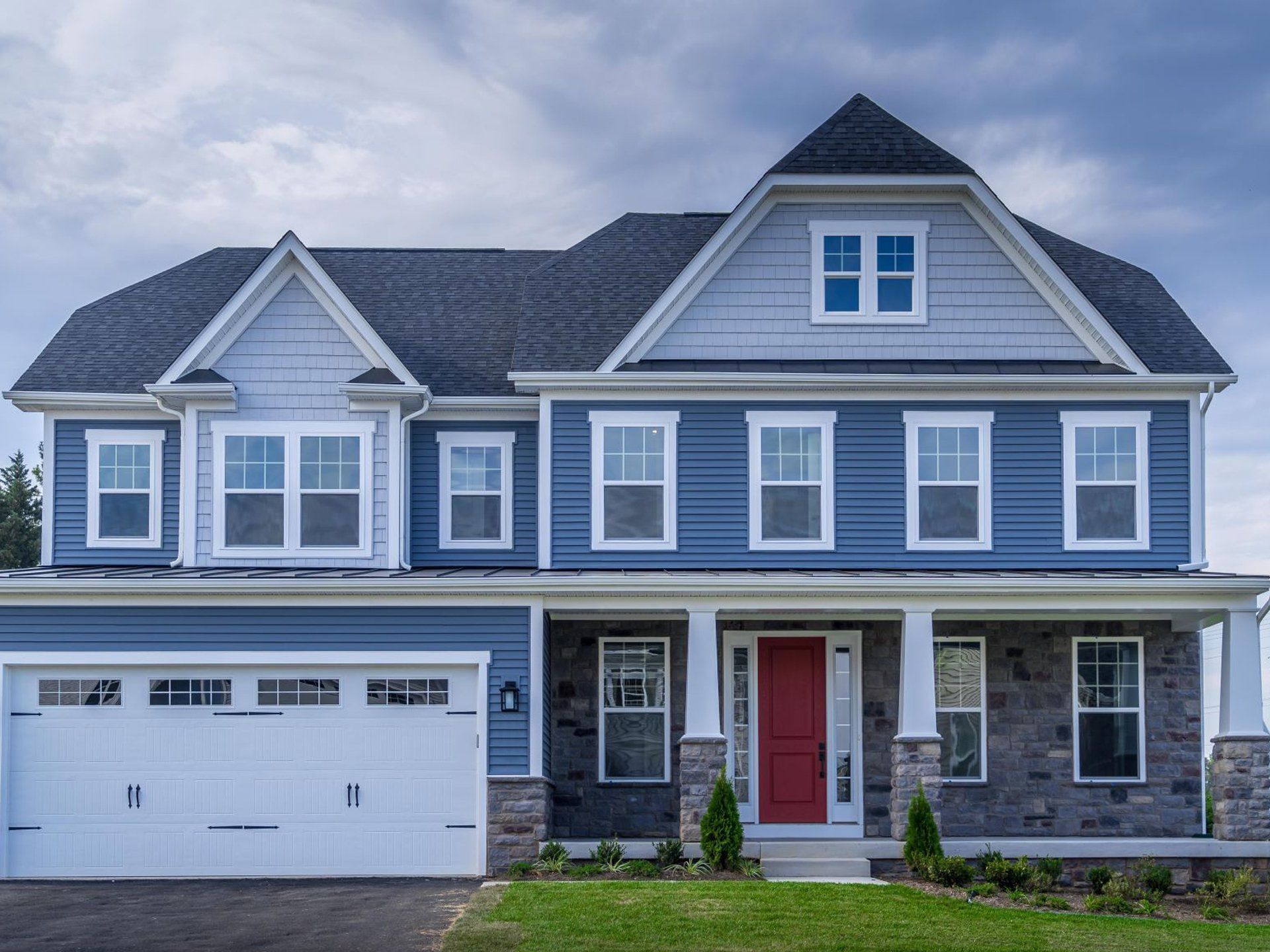Frequently Asked Metal Roofing Questions
How can a Metal Roof save energy?
Many conventional roofing materials, asphalt shingles, for example, absorb energy from the sun. Metal, on the other hand, reflects most of the sun’s rays. At day’s end, metal also cools more quickly. As a result, the attic space remains cooler, as does the living space below. Conventional roofing materials tend to absorb and retain heat, therefore requiring more energy to maintain a cooler living space.
Can I install a Metal Roof over my existing roof?
Yes. Because of the light weight of metal, it is easily installed over existing roofing materials, without the disposal problems commonly associated with re-roofing projects. And, because our roofing panels are installed in sheets, labor cost for installation are kept to a minimum.
Will it look good?
Scott Roofing recognizes that appearance is a major factor in the choice of roofing material. To ensure that the benefits of metal go beyond longevity and durability, Scott Roofing’s highly diversified line of roofing products offers the homeowner a wide variety of styles, colors, and finishes.
Will it make noise when it rains?
Modern metal roofing is often installed directly over plywood decking and felt or an existing roof. Therefore, any noise generated by rain will be similar to that created by conventional roofing materials. Also, as with conventional materials, attic insulation will provide additional noise reduction.
Will it cost more than conventional roofing?
Although the initial cost of metal is higher, the life-cycle costs are substantially lower than conventional materials. The decision to select metal is often based upon the fact that the homeowner either doesn’t want to or can’t afford to replace their conventional roof every 10 to 12 years. Metal, on the other hand, will provide years of low maintenance service life.
Testimonials
They were helpful and answered questions before we signed the contract, they replaced my roof quickly, the crew was pleasant, they cleaned up afterwards, and the price was fair.
Kelly Winson
Contact Us Today
603-505-4455
888-947-7663
Financing Available
Full Financing for
residential homeowners
View Our Gallery
View the gallery of
our Past Projects
Services Offered:
Sit down with our friendly roofing experts.
Work with us, and you'll see why your friends and neighbors have chosen us throughout the years. You'll get a FREE consultation and will enjoy straight talk and direct answers to all of your questions.
